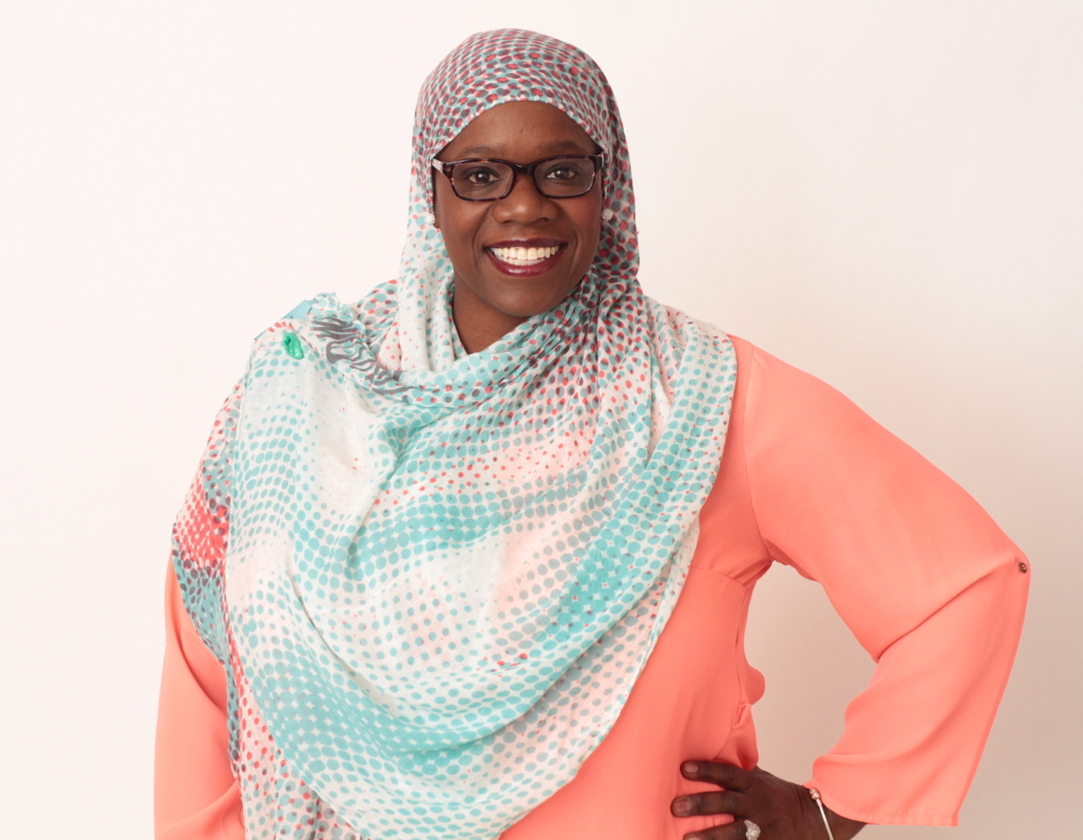
N.C. A&T Mourns the Rev. Jesse Jackson Sr. ’64
02/17/2026 in University Advancement, College of Arts, Humanities and Social Sciences
By Jamie Crockett / 12/18/2023 College of Arts, Humanities and Social Sciences
EAST GREENSBORO, N.C. (Dec. 18, 2023) – North Carolina Agricultural and Technical State University professors La’Toni Cromes and Kimberly C. Harper, Ph.D., were selected for Creative Greensboro’s 2024 Greensboro Residency for Original Works (GROW). The program provides an “open flex space for Guilford County-based creative individuals and organizations to produce new and original works that encourage visitation and engagement by the public.”
Cromes and Harper, who teach courses in the Department of English in the College of Arts, Humanities and Social Sciences (CAHSS) at N.C. A&T, will connect aspects of their residencies to coursework or workshops that will involve the campus community as well as the general public.
"Professors from the College of Arts, Humanities and Social Sciences possess a unique blend of creativity and expertise that make them exceptionally well-equipped for innovative initiatives like the GROW Residency,” said Frances Ward-Johnson Ph.D., CAHSS dean. “This engagement not only attracts ongoing interest and participation from community members, but also serves as a compelling magnet for prospective students, ultimately showcasing the vibrancy of our academic departments."
 Cromes, a two-time alumna of the university, didn’t initially consider herself an artist when she discovered the call for applications, but she kept reading out of curiosity.
Cromes, a two-time alumna of the university, didn’t initially consider herself an artist when she discovered the call for applications, but she kept reading out of curiosity.
“I consider myself an ‘edu-preneur,’ or educator and entrepreneur, who teaches and owns and operates Stated (& nem)— a student engagement business and lifestyle brand,” said Cromes. “By definition and my creative productions, I am, in fact, an artist, which is cool to claim and accept. This is my first residency and I’m extremely excited about it.”
Cromes will host her multidisciplinary residency project, The Unplugged & Understated Showcase (U & US) workshop series, from Nov. 6 through Dec. 16, 2024. It will provide participants a space to decrease their screen time and technology use, while “filling it with real-life interactions that foster imagination and creativity.”
She desires to highlight the understated creativity and resourcefulness of inner city communities through sessions incorporating creative writing, performing and visual arts and a final showcase that will present their works.
“Art is all around us, but sometimes we need reminders to center it for inspiration, for education and for mirroring, because we, in fact, are walking, breathing communities of art/artistic people,” said Cromes.
 Harper primarily sees herself professionally as a writer and researcher with emphasis areas in Black maternal health, and technical and professional communication. However, she is adding another descriptor to her résumé.
Harper primarily sees herself professionally as a writer and researcher with emphasis areas in Black maternal health, and technical and professional communication. However, she is adding another descriptor to her résumé.
“Artistically, I am finally beginning to see myself as a fiber artist,” said Harper. “I started quilting during the pandemic, and I quickly fell in love with the art form.”
This is also Harper’s first residency and the first time she will publically exhibit her quilts, but not her first opportunity with the City of Greensboro. She won a grant a few years ago to host sewing classes for Guilford County youth, and from that experience she learned about GROW. Additionally, she created a mini-documentary with alumna Nia Applewhite in 2021 about African American literature and quilting.
“Having a creative outlet allows us — regardless of profession — to engage in a process that can be healing and tell stories,” said Harper.
Quilting has become another outlet for Harper, who noticed quilts are often gifted for major life events and become a part of a person’s story.
Harper’s residency will include a fall 2024 screening of the film, “Wax Print,” followed by a discussion with colleagues in the Department of English and Department of Visual and Performing Arts. She believes the film will help the audience learn about the “broader discussion around fabric, African wax print, and see how colonialism touched every aspect of life.”
Additionally, Harper’s English 331 course, Writing for Science and Technology, will invite students to create their own art by learning how to use a sewing machine to create a 9-inch quilt block and write their own sewing machine “how to” manual. She hopes the project will help students understand that “there are other forms of technology that influence our day-to-day lives.”
Nine artists were selected for the 2024 GROW program, which is supported by a $58,800, two-year Spark the Arts grant from the North Carolina Arts Council. Residencies are up to eight weeks long and offer weekly opportunities for the community to participate at no charge. To learn more, visit the program’s website.
Media Contact Information: jicrockett@ncat.edu